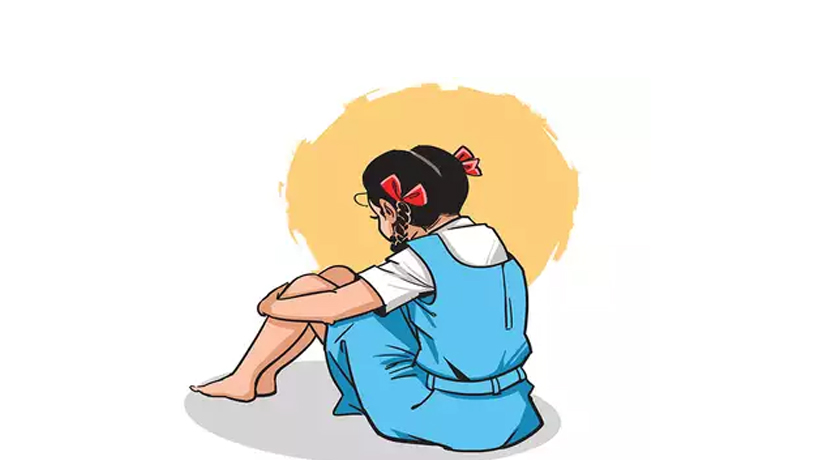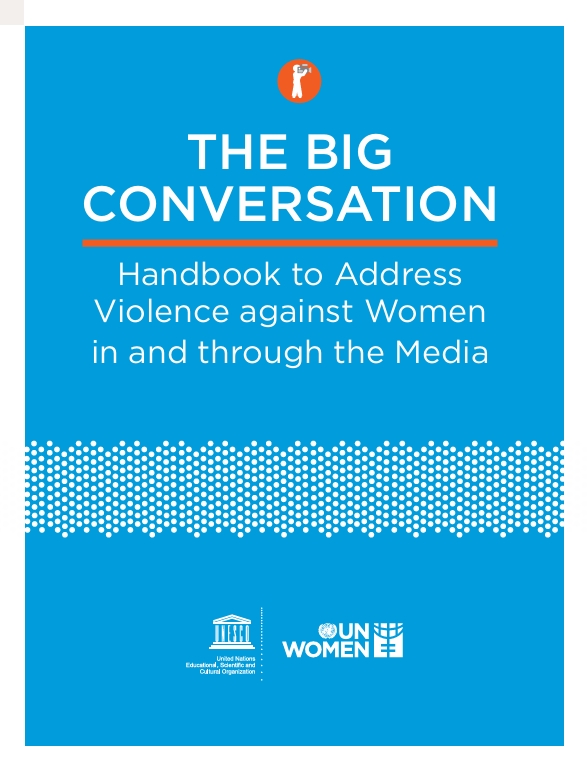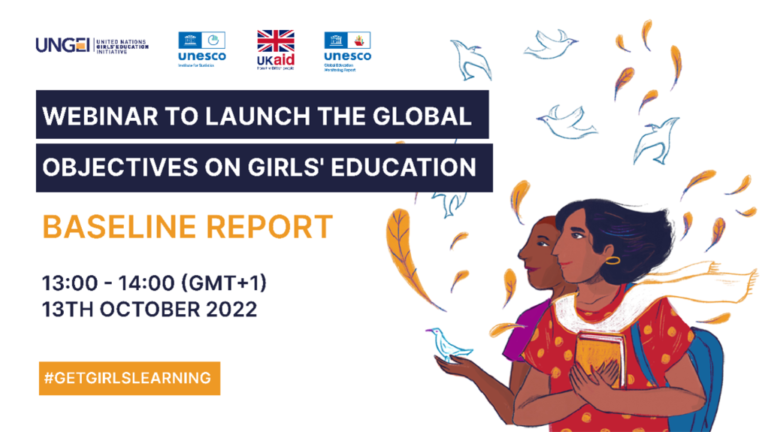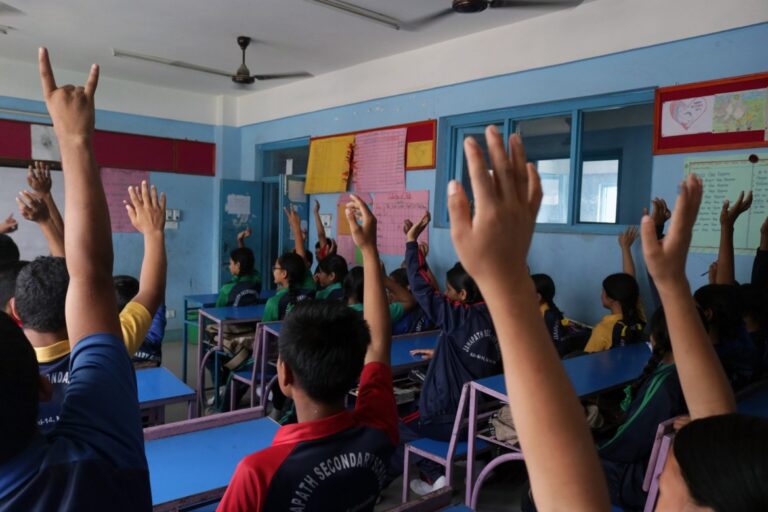Story Source: The Covai Post ~ Go to Original Article
Concerns for their daughters’ safety are forcing parents to discourage them from pursuing higher education, say members of a social welfare organisation. This fear must be removed through awareness programmes and new policies initiated to promote women’s safety.
Education is a fundamental right. To make sure that every child in this country is able to get free and compulsory education, the government of India constituted the Right to Education Act. But still, 100 per cent literacy has not been achieved, and especially among girls, the literacy rate is even lower………………..



